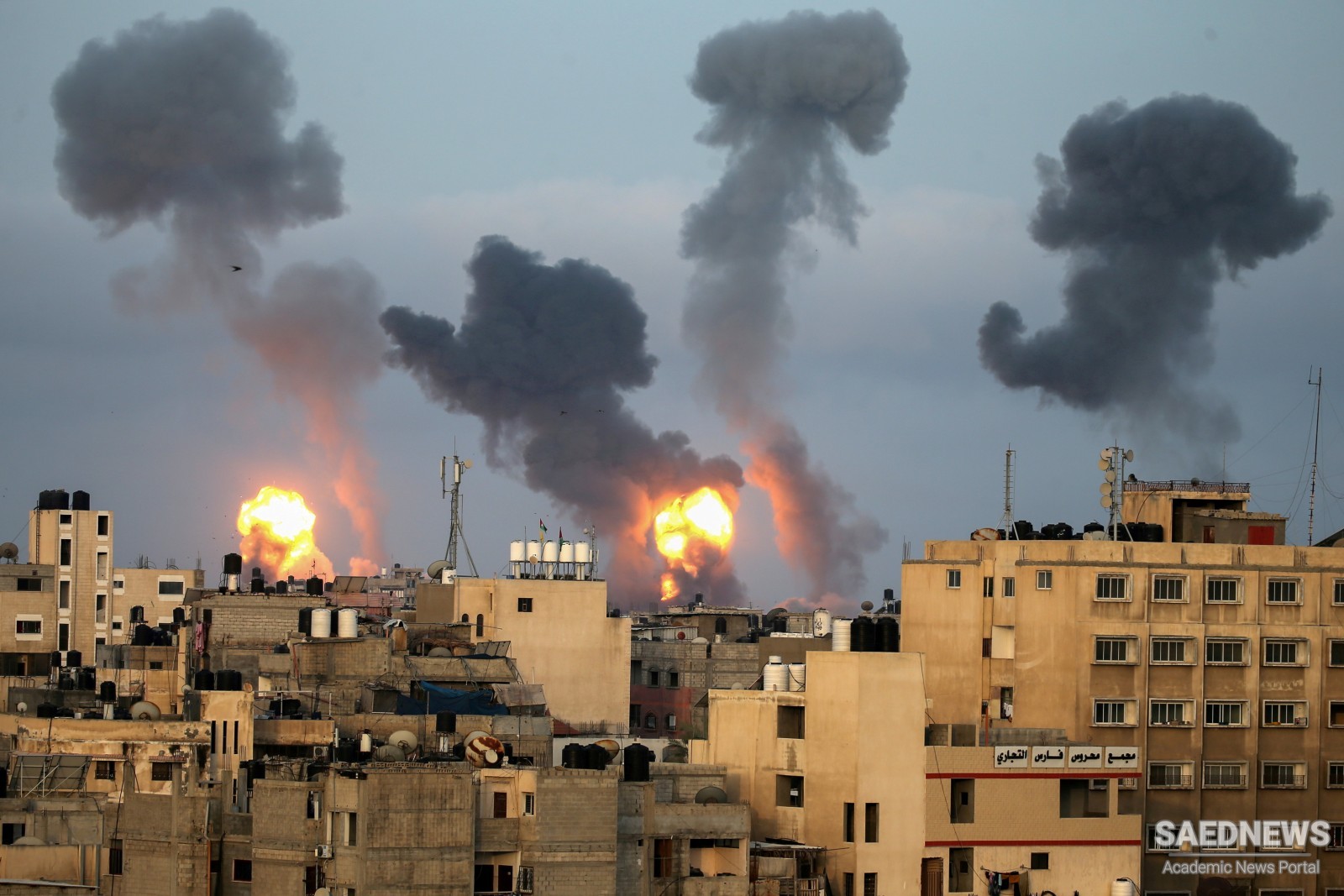To the left and right of this central view, there are other perceptions that feed into each other, and sometimes coincide with perceptions held by more secular Palestinian groups. In the early years of its formation Hamas’s view of Israel was loaded with religious significance, holding that Israel was the culmination of a Jewish onslaught against Muslims and their holy places in Jerusalem. The establishment of Israel with the strong support of Western powers was seen as a renewal of the medieval Crusades.
The discourse of Hamas has, however, become more developed and adaptive to modern realities. Its views on Israel, accordingly, have been recast within the parameters of occupation/occupier, with the main drive of resistance against Israel directed against its aggression, not its religion. It would be inaccurate to suggest that this development in the discourse of Hamas has sprung from deep roots, or that is has completely replaced the old language, laden with religious antagonism to Israel. But in general parlance the political discourse that is delivered by the Hamas leadership and included in its official statements and documents on Israel is now based mostly on the language of international law, and on political, not religious, assumptions.
The phrase ‘the destruction of Israel’, as often used by the media when referring to Hamas’s ‘ultimate goal’, is in fact never used or adopted by Hamas, even in its most radical statements. Hamas’s ultimate slogan is ‘the liberation of Palestine’, which falls short of saying what would actually be done with Israel should that goal be achieved. In its rather obsolete Charter issued in early 1988, which is crammed with rhetoric that is embarrassing to the Hamas of today, there are statements that could be interpreted as referring to the destruction of Israel. However, the entire document is of minimal present value, and hardly corresponds to any realities and thinking that Hamas lives and expresses currently.


 Identity of Israeli cyber spy involved in anti-Iran attacks revealed
Identity of Israeli cyber spy involved in anti-Iran attacks revealed














































